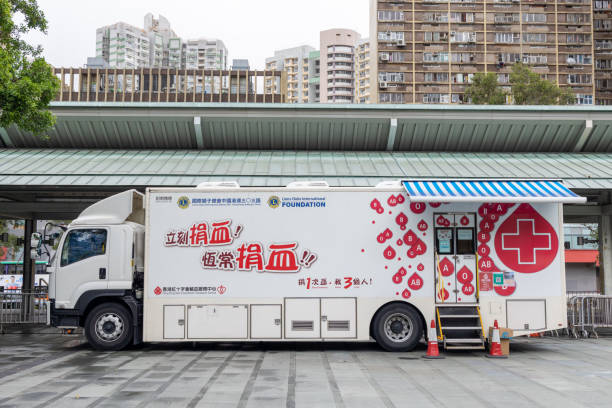Boosting Healthcare Access with Mobile Clinics: A Strategy for 2024

Boosting Healthcare Access with Mobile Clinics: A Strategy for 2024
Introduction
In 2024, expanding healthcare access remains a top priority, especially in underserved and rural communities. Mobile clinics have emerged as a important strategy to bridge these gaps, offering convenient, on-the-spot healthcare services to populations that might otherwise go without necessary care.
The Role of Mobile Clinics in Expanding Healthcare Access
Mobile clinics are equipped to provide a wide range of healthcare services, from preventive screenings and vaccinations to managing chronic conditions. These clinics on wheels can travel directly to remote areas, urban neighborhoods, schools, and community centers, making healthcare more accessible to everyone, regardless of their geographical location.
Benefits of Mobile Clinics
- Extended Reach: They provide essential health services to areas with limited medical facilities.
- Preventive Care: Early detection and regular screenings conducted at mobile clinics can prevent diseases from escalating into more severe conditions.
- Cost-Effective: By preventing disease progression and reducing the need for emergency room visits, mobile clinics help lower overall healthcare costs.
- Education and Outreach: Mobile clinics serve as points of education, offering health advice and promoting awareness of disease prevention among the community.
Implementing Mobile Clinics in Healthcare Strategy
For healthcare providers looking to implement mobile clinics, consider the following steps:
- Community Assessment: Identify the specific needs of the target communities to tailor services accordingly.
- Partnerships: Collaborate with local governments, non-profits, and private sponsors to fund and support mobile clinic operations.
- Technology Integration: Use telehealth capabilities and electronic health records to enhance the quality of care and follow-up procedures.
- Staff Training: Equip healthcare professionals with the necessary tools and knowledge to handle the unique challenges of mobile healthcare delivery.
Challenges and Solutions
Implementing mobile clinics comes with its own set of challenges:
- Logistical Management: Managing the logistics of mobile operations can be complex. Strategic planning and efficient route mapping are essential.
- Regulatory Compliance: Navigating state and local regulations regarding healthcare delivery and vehicle operation is crucial.
- Weather and Environmental Factors: Mobile clinics may face operational interruptions due to adverse weather conditions. Having contingency plans in place is important.
Conclusion
Mobile clinics represent a transformative approach to healthcare, bringing services directly to those in need. As we look forward to 2024, these clinics are set to play an increasingly critical role in making healthcare universal and accessible. By addressing logistical and regulatory challenges, healthcare organizations can harness the full potential of mobile clinics to significantly improve public health outcomes.
Call to Action
Healthcare leaders and policymakers should consider enhancing their community outreach capabilities through mobile clinics. By investing in these versatile solutions, they can deliver immediate, impactful health services and education to underserved populations, paving the way for a healthier future.



